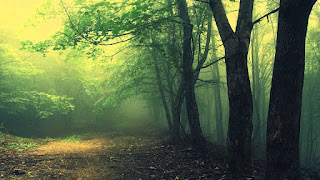Ecologists Embedding

The obsolete technocratic philosophy is mechanistic. It conceptualizes nature as a resource to be controlled fully for human ends and it threatens drastically to alter the integrity of the planet’s ecosystems. In contrast, the organic, person-planetary paradigm conceptualizes intrinsic value on all beings. The ecology movement gives priority to community and ecosystem integrity and helps to guide the design and applications of technology according to principles which follow from ecological understanding. Ecologists will need to come to embody the ecological paradigm and co-create ecological councils that represent interrelated communities. The Problems Decisions are made on the political and narrow economic grounds, rather than on principles that are environmentally sound and economically advantageous in the long term. Modern technologies have given us much in the way of comfort and enjoyment and they have made possible the development of human skills on a scale never before possible.





